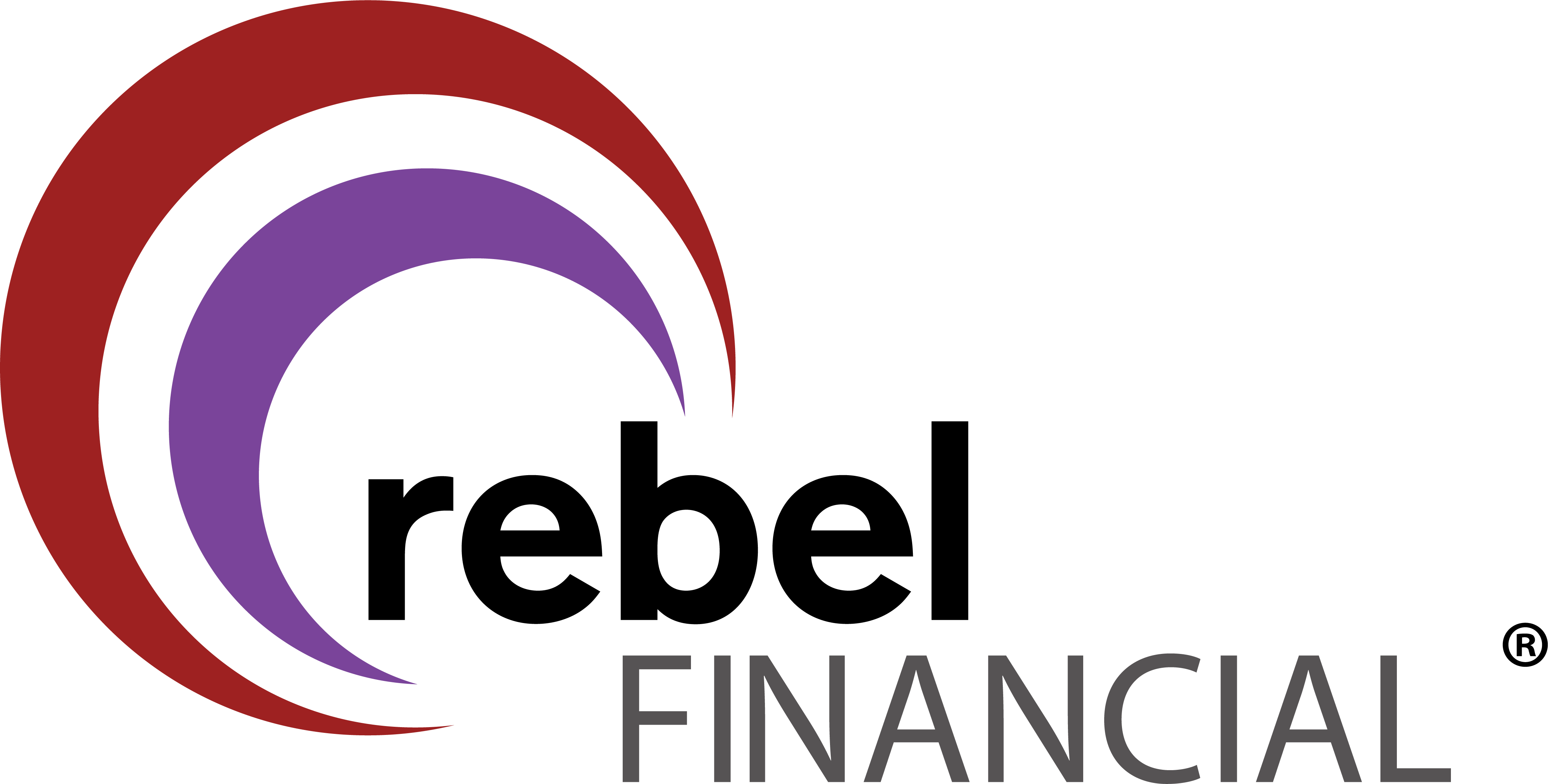Succession Plan:
Introduction:
As a business owner you’ve worked hard to build the value of your business and you are probably still working hard to improve it today. Most of us know that we should build and implement some sort of plan to ensure that our business will not fail when we retire or die but most business owners work so hard with their noses to the grindstone that this moment is perpetually kicked down the road. If your business creates more than $100,000/yr in profit then you are potentially throwing hundreds of thousands to millions of dollars away by not implementing a succession plan – You need to make a succession plan today.
Value Undiscovered:
First let us just share a common example with you:
Tom owns a small construction company in town that his father started 70 years ago and that he has continued to grow over his tenure. After expenses, but before paying himself, the business makes a gross income of $600,000/yr. Since the business is older, has a good reputation, loyal customers, and significant amount of equipment and property, Tom’s business should be valued ~$2,000,000 to $3,500,000. Tom has two children, but neither are interested in the construction industry or running the business. Tom has a superb office manager and a very good salesman that is great at winning them bids for lucrative jobs but neither have formal ownership stakes or any formalized plan to acquire any. Unfortunately, Tom has never taken the time to make a succession plan and in the event of his disability or death there is a significant possibility that much of the value of this business will be lost.
This is a fairly common situation and happens in multiple variations every day in the U.S. Our small business owners are hard workers and generally very good at what they do. However, most of these business owners do not have succession plans and most of their businesses will die with them, be sold at distressed prices, and/or taxed beyond their value by the IRS because of lack of prior planning. Huge amounts of value are destroyed everyday because of lack of planning and we want to help you solve this problem.
What is Succession Planning?
Succession Planning is the process of developing an internal plan for the survival of a business after its owner(s) step-down, retire, become disabled, or die. It is different than exit planning in that it is generally succession from within rather than an outright sale to external party.
Succession plans are not standardized because there are many variables that makes many, many permutations of possible strategies. For instance, some variables include: Industry, who your selling to, how many buyers, the financial state of business, health of the owner, financial means of the buyers, financial needs of the owner, status of owner’s potential beneficiaries, current interest rates, available financial products, valuation of the business, current IRS regulations, and many more.
Who Needs a Succession Plan?
Everyone that owns a business and isn’t immortal. The fewer owners there are, the more assets/income the business has, and the older the owner(s) become enhances the need and ultimate loss of value if this planning is neglected. Ultimately, if you look at the value of your business and what would be lost if something happened to the owner(s), the week or two that it would take to complete the succession plan may be one of the highest time-to-value activities ever taken by the business owner.
If you’re reading this and are even slightly considering that you need a Succession Plan then you probably seriously need to implement one; whether its with us or another firm – just do it!
Possible Strategies:
- Cash Buyout – If the required parties have access to sufficient cash.
- Debt Financed – Borrowing all/part of the necessary funds at advantageous rates.
- Sinking Fund – Time permitting, establishing a savings/investment fund to accumulate the necessary funds over time.
- Earn Out – A younger or junior partner(s) doing most/all of the work but passing much of the revenues on to the owner for a specified period.
- Insurance – The use of Life Insurance and/or Disability Insurance can be used to defer the risk of premature disability or death while even possibly funding part of the buyout if there is no premature disability or death.
- ESOP – Stands for Employee Stock Ownership Plan – Is a plan for employees to buyout existing owners over time.
- ERSOP – Similar to the ESOP except the employees buy inside their retirement plans.
- Other exit strategies that aren’t generally considered succession plans.
Most business owners will use one, or more, of these strategies to fund their succession plan. Which one(s) is(are) right for you can only be determined through the development of a comprehensive succession plan.
How can we help?
One of our specialties is working with small business owners and two of the biggest needs of successful owners are the need for Succession Planning and Exit Planning. To this end we have created programs to help you complete the actual process without ambiguities in process or uncertainties about costs.
What’s included in our Succession Plan:
For your $10,000 fee, you will receive:
- Complimentary Sellability Score.
- A Preliminary Business Assessment & Evaluation.
- One Business Valuation: You must use one of our partner firms which is accredited and familiar with your industry.*
- Development of a written Succession Plan: Up to two on-sight meetings and then unlimited meetings at our office or webconference until your plan is completed.
- We will provide the legal services to draw up any necessary documents: Using one of our pre-existing legal partners.*
- Initial Implementation Services: We will help you implement if you’d like or you may implement with other professionals with whom you have pre-existing relationships.
- Option to become an On-going/Full-Service Client: Up to a 2 month fee waiver from any advisory fees due to offset your succession planning fee.
* You must comply promptly with our outside professional’s requests for information, documentation and not cancel or reschedule appointments for non-emergency reasons. Otherwise, the applicable overage/hourly charges will be billed to you. We’re running a tight ship here to fix your costs…
What you can expect if you hire us in this capacity?
- Select the “Buy Now” button below and you will make your secure payment via PayPal.
- You will be re-directed to our Sellability Score webpage and you will need to complete the questionnaire (approximately 20 minutes).
- You will be re-directed to a online scheduling page where you may book your initial appointment immediately.
- We will contact you within 1 business day to discuss your situation and supply you with the information that you will need to collect and bring with you to our first appointment.
- 1st Appointment (We will probably come to your office): Entails getting to know your Lead Financial Advisor, collecting all financial information, and understanding your goals so we can began to build your draft plan.
- Business Valuation: We will present your initial findings to the accounting firm that will perform your valuation and they will contact you to acquire any additional information/meeting they require to complete their valuation for you.
- 2nd Appointment (We will probably come to your office): We will review your valuation, preliminary findings, and match them to your objectives and capabilities. We will discuss alternative strategies to narrow down the approach(es) we will consider in making your draft plan.
- 3rd Appointment (Generally at our office): We will present your draft plan, discuss possible alternative strategies and gather feedback to revise your draft plan into a final plan.
- 4th Appointment (Generally at our office): We will present your final plan and discuss what actions are necessary to implement your plan.
Succession Plan: $10,000.00




